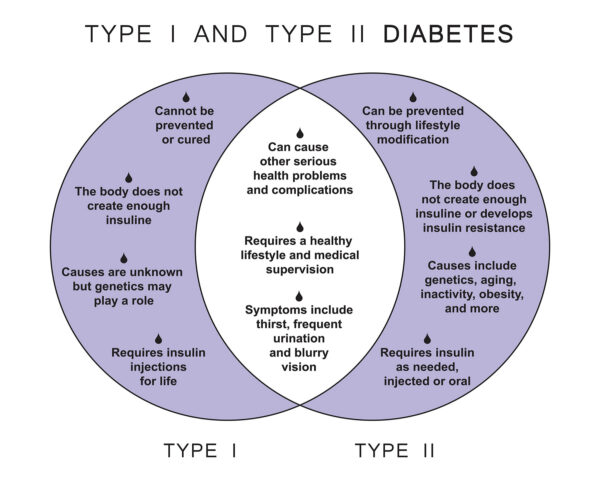Understanding Kiwi Fruit in a Diabetic Diet
Kiwi fruit is increasingly recognized as a diabetic-friendly food choice. Understanding how it fits into a diabetic diet is crucial for those looking to manage their blood sugar levels effectively while enjoying delicious fruits.
Nutritional Profile of Kiwi
Kiwi is a nutrient-rich fruit with a low glycemic index, making it a great option for diabetics. It is high in fiber, vitamin C, vitamin K, and antioxidants. The fiber content in kiwi helps in slow sugar release, which prevents blood sugar spikes.
Benefits of Kiwi for Blood Sugar Control
One of the key benefits of kiwi fruit for diabetics is its ability to aid in blood sugar control. The fiber in kiwi helps regulate the digestive process, leading to a more gradual absorption of sugar. This can be particularly beneficial for diabetics in maintaining stable blood glucose levels.
How to Incorporate Kiwi in a Diabetic Diet
Incorporating kiwi into a diabetic diet can be both easy and enjoyable. It can be eaten on its own as a refreshing snack, added to salads for a tangy twist, or blended into smoothies. Remember to consider the fruit’s carbohydrate content as part of your overall meal planning.
Creating Diabetic-Friendly Kiwi Recipes
Get creative with kiwi in the kitchen. Prepare diabetic-friendly recipes like kiwi salsa, kiwi fruit salad, or kiwi parfaits with sugar-free yogurt. These recipes can add a burst of flavor and nutrition to your diet without compromising blood sugar levels.
Portion Control and Frequency
While kiwi is a healthy option for diabetics, portion control is important. Monitor your fruit intake and be mindful of how it fits into your daily carbohydrate allowance. Regularly consuming kiwi in moderation can be a healthy addition to a balanced diabetic diet.
Understanding Fruit Sugars in Diabetes
It’s important to understand that while kiwi is a healthier choice, it still contains natural sugars. Educate yourself on how different fruits affect your blood sugar and how to balance fruit consumption with other carbohydrate sources.
Kiwi and Overall Diabetic Health
Beyond blood sugar control, kiwi offers several health benefits. It’s good for heart health, aids digestion, and boosts the immune system. These benefits are particularly important for individuals managing diabetes.
Tips for Buying and Storing Kiwi
Choose ripe kiwis for immediate consumption and slightly firmer ones if you plan to eat them later. Store kiwis in the refrigerator to prolong their shelf life. A ripe kiwi should yield slightly to pressure.
Kiwi as a Smart Choice for Diabetics
Kiwi fruit is a smart and refreshing choice for diabetics, offering not only delightful taste but also numerous health benefits. By incorporating kiwi into a well-balanced diabetic diet, you can enjoy this delicious fruit while managing your diabetes effectively.






